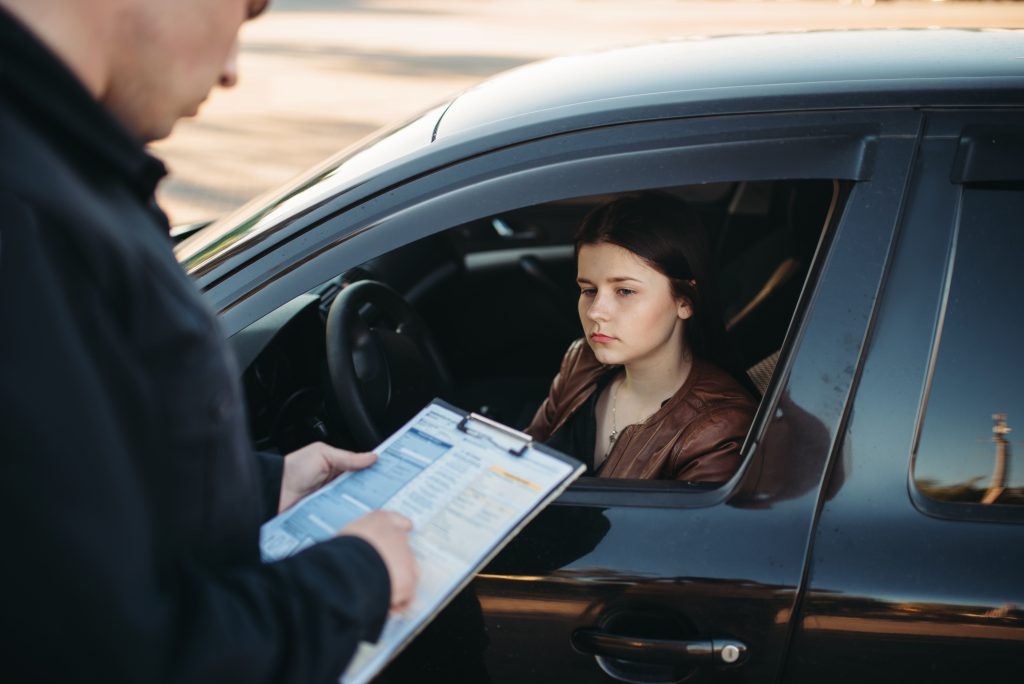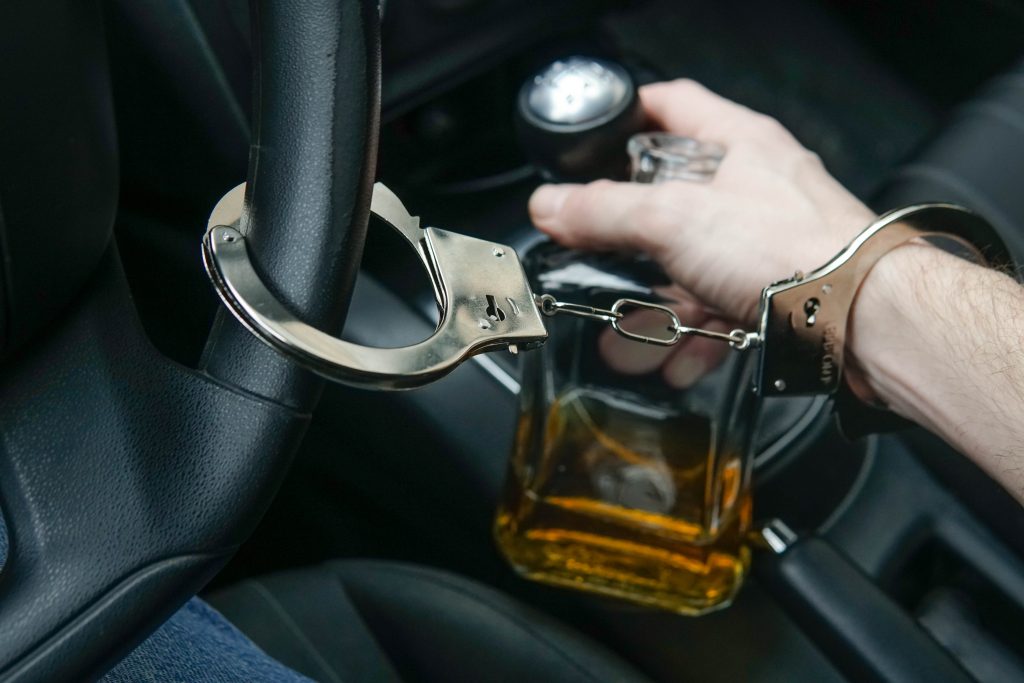If you are placed under arrest because a police officer believes that you are driving under the influence (DUI), you will need to contact a Chicago DUI attorney as quickly as possible about your case.
In a typical traffic stop for suspicion of DUI, a police officer may ask a driver to blow into a breathalyzer device. Can you refuse to take a breathalyzer exam in Illinois? What can happen if you refuse?
If you’ll keep reading this brief discussion of breath tests and DUI, you may find many of the answers you need, but if you are facing a DUI charge – or a legal penalty for refusing a breath test – you will also need personalized legal advice and help from a Chicago DUI lawyer.
What Are “Preliminary” and “Evidentiary” Breath Tests?
If you are stopped by the police for suspicion of DUI in Chicago or the suburbs, the officer may ask you to take a “preliminary” breath test. Most preliminary tests are not calibrated or certified like the “evidentiary” test that a driver arrested on suspicion of DUI will take at a police station.
A preliminary breath test can give a police officer probable cause to make an arrest, but it cannot be entered as evidence in a DUI trial. There is no legal penalty for refusing to submit to a preliminary breath test, but your refusal will probably lead to your arrest on suspicion of DUI.
At the police station, you may be asked to take an evidentiary breath test. Evidentiary test results may be entered as evidence at a trial, and your refusal to submit to the evidentiary test entails legal penalties (that will be explained below).
An evidentiary breath test must be conducted by a law enforcement officer who has been certified to operate a breathalyzer device. Without that certification, an Illinois DUI attorney can challenge the breathalyzer results in court.
What is Implied Consent?
By driving in the State of Illinois, you are legally indicating or implying your consent to taking a breath test if a law enforcement officer asks you to take one. Nevertheless, a driver in this state:
- may refuse to take a breathalyzer test
- must have a reasonable opportunity to refuse the test
- cannot be physically forced to take the test (in most cases)
You may decline to take a breathalyzer exam, but should you? Every situation is unique, so there is no simple yes-or-no-rule that applies to every case.
Should You or Shouldn’t You?
If you are over the legal limit, meaning that your blood alcohol content (BAC) level is at or above 0.08 percent, refusing to test means that you are not giving the police a key piece of evidence that may be used against you in a DUI prosecution.
But if you have consumed no alcohol, and you are certain of it, taking the test is the better choice.
If you are unsure of what the results may be, it is always better to refuse both the Standard Field Sobriety Tests and the breathalyzer.
Under Illinois law, if you decline a breath test, you are subject to a one-year driver’s license suspension – if you are a first-time DUI offender. If you take the test, and if the result shows that you are over the legal limit, you will be subject to a six-month license suspension.
How Will Your Refusal to Test Affect Your DUI Case?
Because we do not know your full mental and physical state, we recommend refusing to submit to a breathalyzer test, particularly if you believe that you may be over the legal limit. While refusing to take a breathalyzer may result in a longer suspension, that is always preferable to a driving under the influence conviction.
Taking the test makes it easier to convict you of DUI. So don’t give them that key piece of evidence.
However, you should know that you can still be convicted of DUI without a breathalyzer test result. The state can even claim that you refused to test because you knew that you would fail the test.
Every driving under the influence case is different, so you must have personalized legal advice. A Chicago DUI attorney can also help you challenge a driver’s license suspension in court, and restricted driving permits are available in Illinois to many drivers who have suspended licenses.
What About Field Sobriety Tests?
Field sobriety tests are the physical tests that police officers may ask drivers to take when those drivers have been stopped in traffic for suspicion of driving under the influence. Field sobriety tests include:
- The horizontal gaze nystagmus (or “HGN” test): A driver must follow an object with his or her eyes so that the police officer may observe the eye movements.
- The walk-and-turn: A driver must walk in a straight line, turn around, and walk back.
- The one-leg stand: A driver must stand on one leg, firmly, without wobbling.
Field sobriety tests are conducted by most Illinois police agencies. There are no legal penalties for declining a field sobriety test, but like the preliminary breath test, your refusal to test will probably prompt the police officer to arrest you on suspicion of driving under the influence.
In nearly all cases, drivers should refuse to perform field sobriety tests.
How Are DUI Charges Handled in Illinois?
Typically, a first DUI offense in Illinois is a Class A misdemeanor. In most cases, only drivers who are charged with a third or subsequent DUI offense are facing a DUI felony charge.
However, in the following situations, even a first-time DUI offense may be charged as a felony:
- The driver caused an accident that resulted in someone else’s great bodily harm, disfigurement, or death.
- The driver was operating with a suspended license or without having obtained a valid license or permit.
- The driver was driving without auto insurance coverage.
- The driver was operating a school bus with at least one person eighteen years of age or younger on the bus.
When Should You Contact a DUI Attorney?
If you are placed under arrest and charged with driving under the influence anywhere in or near the Chicago area, you must arrange – as quickly as possible – to speak with a Chicago DUI lawyer.
Your lawyer may challenge a breathalyzer test result or the reason why you were stopped in traffic. If you are innocent, your lawyer will work aggressively for an acquittal, but whether you are innocent or guilty, your DUI lawyer will work to bring the case to its best possible outcome.
This cannot be stressed strongly enough: If you need legal help with a driving under the influence charge in or near the Chicago area, make the call to an Illinois DUI attorney immediately.






